| Tuesday, November 15, 2022 | |
Opening Ceremony |
|
| 10:00 | Opening Remarks |
Ajit Manocha, President and CEO, SEMI Opening Remarks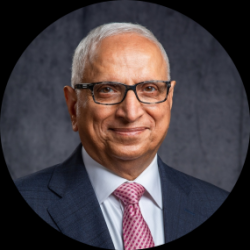
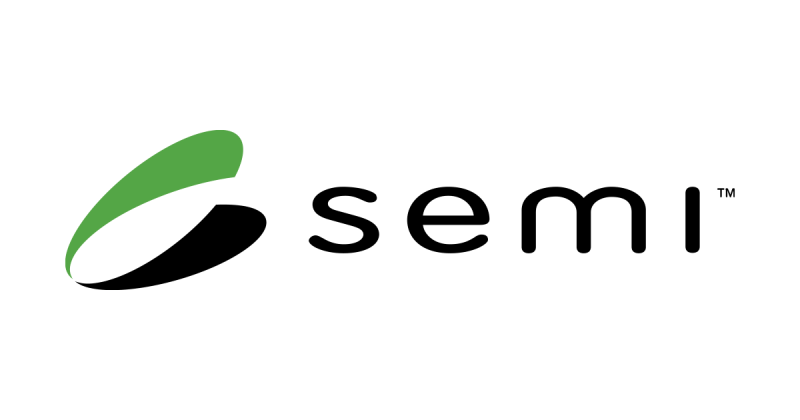 Abstract Biography |
|
| 10:20 | Welcome Remarks |
Laith Altimime, President, SEMI Europe Welcome Remarks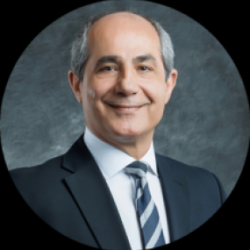
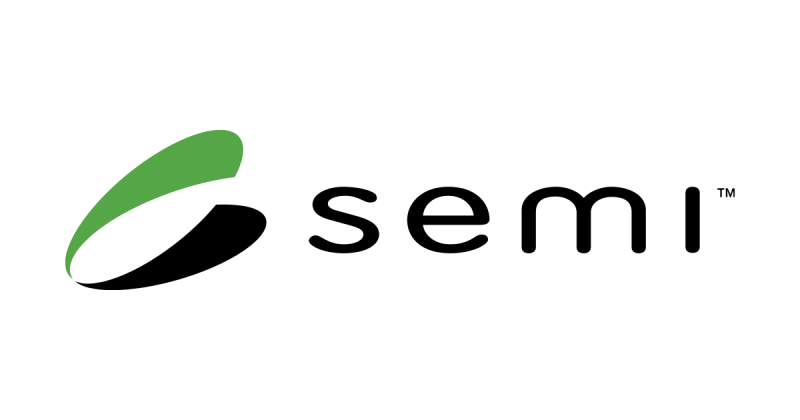 Abstract Biography |
|
| 10:30 | Deep Tech: the Lodestar to Meet the Challenges of the 21st Century |
Luc Van den hove, President and CEO, imec, imec Deep Tech: the Lodestar to Meet the Challenges of the 21st Century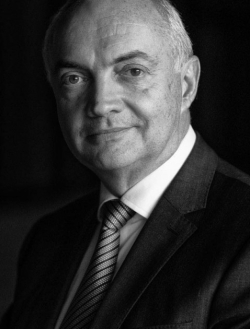
 Abstract Biography |
|
| 10:50 | Enabling collaboration in the Automotive Value Chain: Faster, more Transparent and Secure |
Barbara Frenkel, Member of the Executive Board, Procurement, Dr. Ing. h.c. F. Porsche AG Enabling collaboration in the Automotive Value Chain: Faster, more Transparent and Secure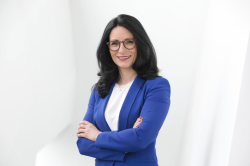
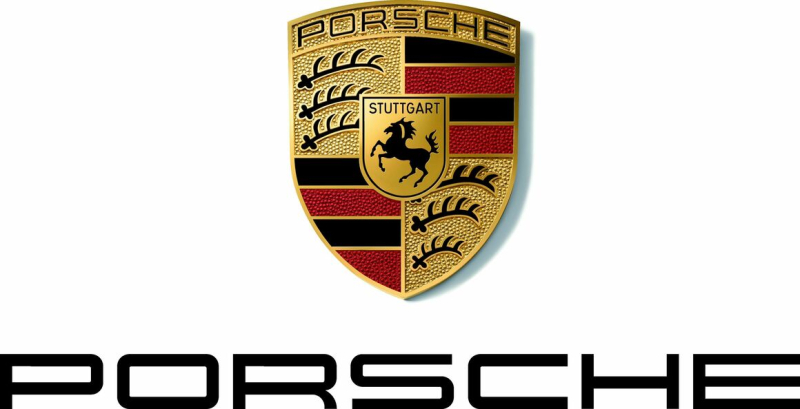 Abstract Biography |
|
| 11:10 | Sustainability of the Semiconductor Industry |
Kate Wilson, President, Semiconductor Division, Edwards Vacuum Sustainability of the Semiconductor Industry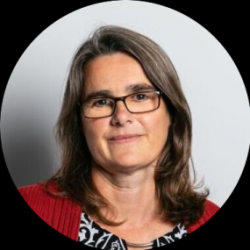
 Abstract Biography |
|
| 11:30 | Keynote Presentation |
Axel Fischer, VP, Foundry Business EMEA, Samsung Semiconductor Europe Keynote Presentation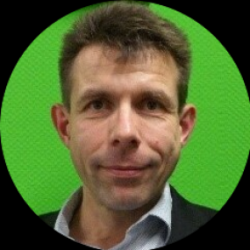
 Abstract Biography |
|
| 11:50 | Complex, Small, Cheap: How Packaging is Going to Power the Digital Age |
Lee Choon Heung, Chief Technology Officer, JCET Group Complex, Small, Cheap: How Packaging is Going to Power the Digital Age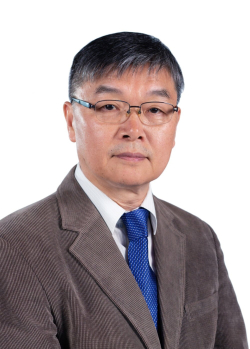
 Abstract Biography |
|
| 12:10 | How the Semiconductor Industry Can Leverage Data Expertise From Healthcare |
Laura Matz, Chief Science and Technology Officer, Merck and CEO, Athinia How the Semiconductor Industry Can Leverage Data Expertise From Healthcare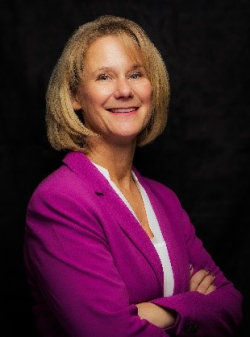
 Abstract Biography |
|
| 12:30 | The Future of Air Travel Will Be Carbon Neutral and More Autonomous |
Grzegorz Ombach, Head of Disruptive R&T, Senior Vice President, Airbus The Future of Air Travel Will Be Carbon Neutral and More Autonomous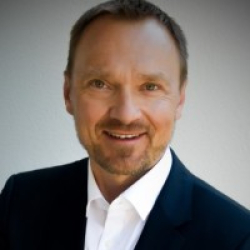
 Abstract Biography |
|
| 12:50 | Keynote Presentation |
Frans van Houten, Former CEO, Royal Philips Keynote Presentation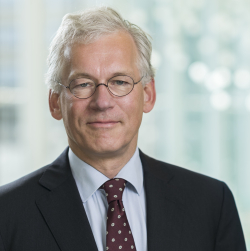
Abstract Biography |
|